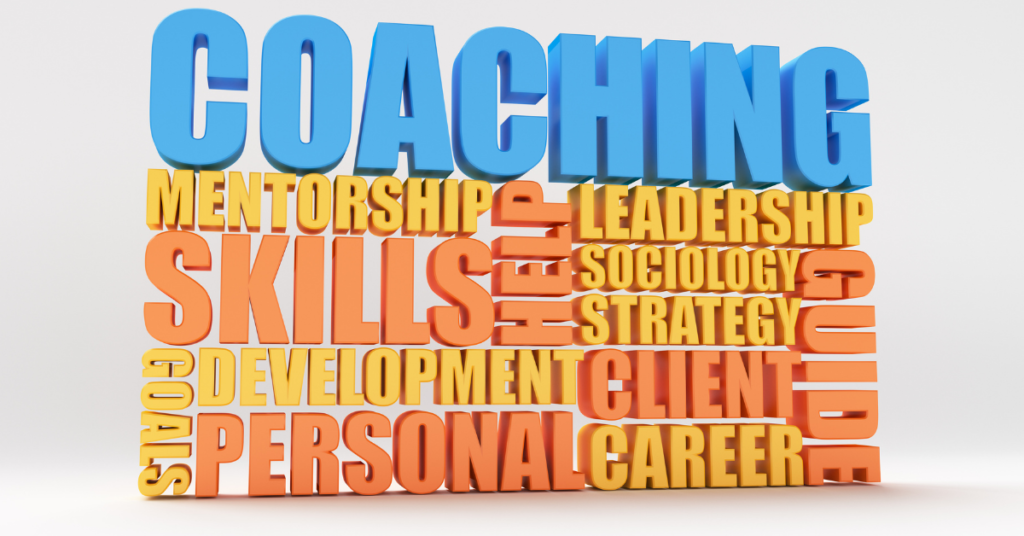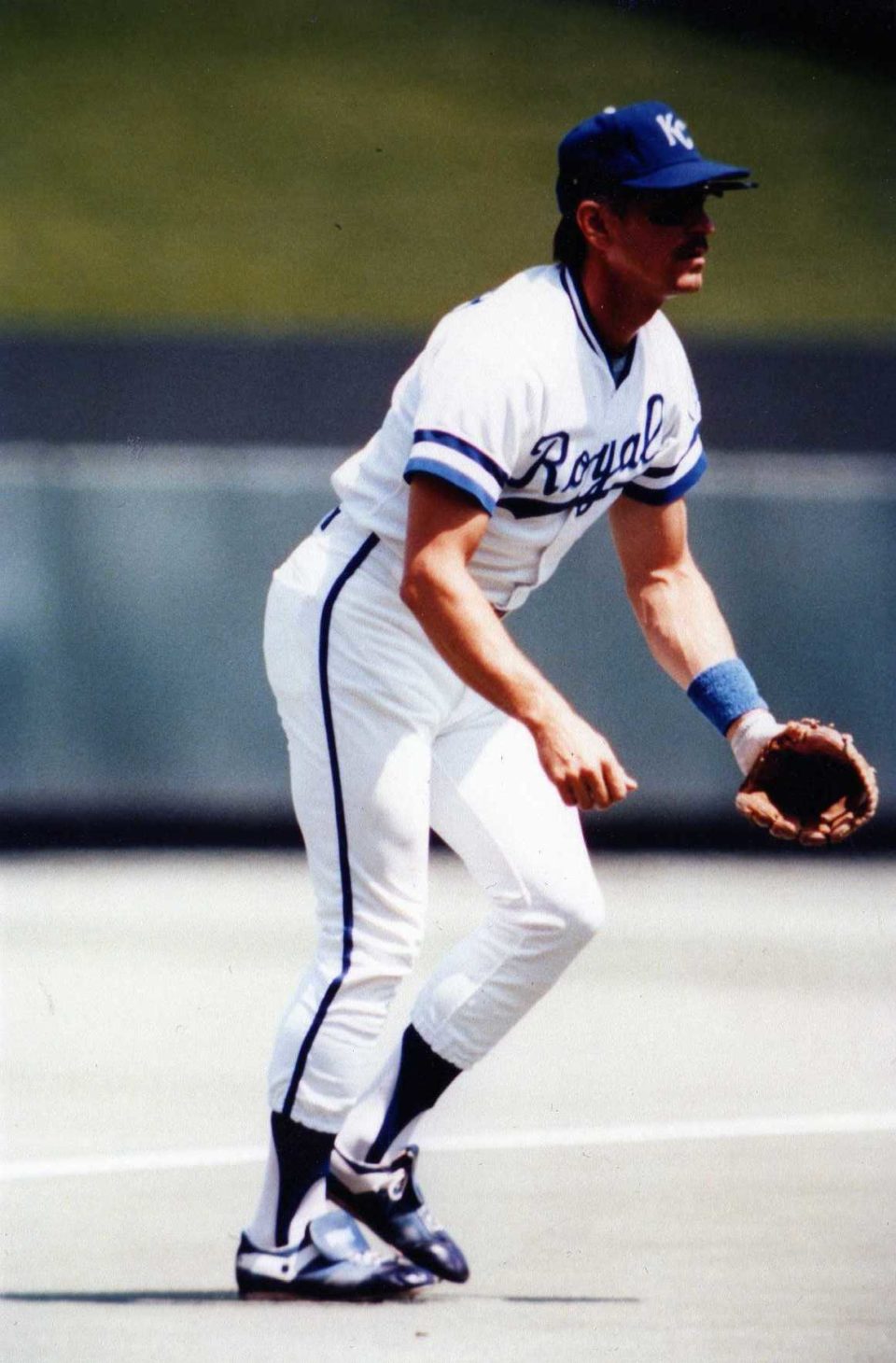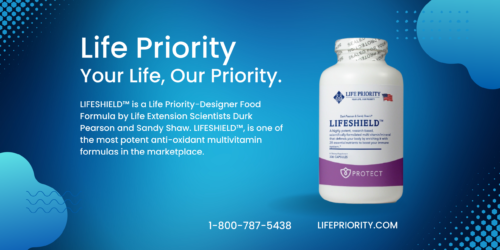

Coaching/Managing a Team…Is It For Everyone? by Greg Pryor
- by Life Priority
- No Comments
- Post Views: 73
Coaching/Managing a Team…Is It For Everyone?
From age 7 to 37, I played baseball under the guidance of dozens of coaches and managers. From age 7 to 22, I played as an amateur, and then, after I signed my first pro contract with the Washington Senators in 1971, I played 16 years as a professional. I would like to offer some personal views on the subject of coaching and/or managing.
Prior to playing in high school and college, my teams were coached by volunteers. My most vivid memories of “volunteer” coaches was how loudly they screamed at me and my teammates. My college coach at Florida Southern College, Hal Smeltzly, had the most pleasant personality of all of my baseball coaches. He was a great motivator and I never remember him screaming. As I look back though, the bad coaches simply help me appreciate the good ones.
As an example, when I became a professional, my first manager got frustrated with my poor performance during first game of a double-header. As he was reading out the lineup for the second game to the team, he looked at me and said, “Pryor, you can take your uniform off and I don’t care what you do.” I was crushed. If I did not have the desire to improve and have that “no matter what” attitude, I would not have an ’85 KC Royals World Series ring!
 Advice for Volunteer Coaches
Advice for Volunteer Coaches
In my opinion, baseball is the best team sport in the world. Thanks to all volunteers and parents for helping young people learn how to play baseball. Mostly, the game is learned between the lines during the games by players who desire to improve. Players will get tested by the competition and then find areas that need improvement. Players will remember your “nice” personality more than your “expertise”. When I coached my girls in softball for 5 summers, my practices were organized so that most of my players were moving—doing something to improve. During your practices, create drills that help all players stay as active as possible. Ask parents not to yell at the umpires or coach from the stands. Check out my tips on how to be a better ballplayer below.
Advice for Paid Coaches/Managers
The odds say that 99.9% of your players will not become a pro ballplayer. You do have a 100% opportunity to help a young player improve as a high school or college player. Being paid to coach does not equate to being a good coach. Each player thinks differently. You need to know how they think and adjust accordingly. If you are worthy, you will know how to explain the better way to run, catch, hit and throw. You will recognize which players want to get better and who are more teachable. Your coaching ability will be reflected by the improvement of your players. Be cheery and positive. Please do not try to force improvement through constant guilt and negativity.
Whether age 7, 37, or 97, being healthy is one of the most valuable areas of your life. Since 1994, my company, Life Priority, has offer potent, high-quality, time-tested, health and nutrition products. One of our 19 products, One Per Meal Lifeguard, is a multi-vitamin, multi-mineral that was created by highly intelligent nutritional research scientists. It could be the MVP that can help keep your immune system in the “WIN” column.
Here are some of my favorite tips on how to play and enjoy the best game ever invented “BASEBALL”
- Baseball is a tough sport to master. Have fun learning how to do it.
- Strive to be teachable. Every MLB player was taught by other people.
- Ask for help. If you are struggling with catching, hitting or throwing, ask for help!
- You can always get better. Your competition is practicing somewhere.
- Don’t make a habit of making excuses because of umpires and coaches.
- If you have good practice habits, you will improve your chances to succeed.
- Treat your glove like it is your friend. Take care of it!
- The baseball “knows” if you are scared. Be ready!
- Do drills to improve your feet quickness to help make plays easier.
- Commend the performance of your teammate(s).
- Expect that every pitch will be hit to you! Want it to be hit to you!
- The ball will always find the guy who isn’t concentrating.
- Learn how to “get the seams” ASAP on ground balls before throwing.
- Throw “over the top” with your fingertips right over top of the long seams.
- Be aggressive when fielding ground balls. You will make more plays!
- If you bobble a ball, use your bare hand to pick it up–not your glove.
- Find ways to make your grip and wrists stronger.
- To get a better jump on ground balls, anticipate where the ball will be hit.
- Develop your own style of getting ready for pitches.
- Know where you are going to throw the ball before it is hit to you.
- Run everything out! Run everything out! Expect the unexpected!
- Look forward to hitting with runners on base.
- Don’t worry; you are going to get another hit no matter how bad you are going.
- Respect your teammates, coaches, and your parents.
- Be the “cheerleader” in the dugout. Nobody wants to play around a bad attitude.
- Hall of Famers, Ted Williams and Wade Boggs, almost always took one strike before hitting. It might help you.
- Change your hitting approach when you get 2 strikes. Be a great 2 strike hitter.
- The best pitch that you will see all day might be the next one.
- Don’t assume anything in baseball. Expect the unexpected!
- Don’t be a timid hitter. Swing hard!!
Tips from Greg Pryor, former MLB infielder with Rangers, White Sox, and Royals
Email me at gpryor@lifepriority.com Visit my website at www.lifepriority.com
Life Priority, established in 1994, offers supplements that are scientifically-formulated, results-oriented, and GRAS (Generally Recognized As Safe) and are manufactured at USDA and FDA inspected facilities.
*The products and statements made about specific products on this web site have not been evaluated by the United States Food and Drug Administration (FDA) and are not intended to diagnose, treat, cure or prevent disease. All information provided on this web site or any information contained on or in any product label or packaging is for informational purposes only and is not intended as a substitute for advice from your physician or other health care professional. You should not use the information on this web site for diagnosis or treatment of any health problem. Always consult with a healthcare professional before starting any new vitamins, supplements, diet, or exercise program, before taking any medication, or if you have or suspect you might have a health problem.
*Any testimonials on this web site are based on individual results and do not constitute a guarantee that you will achieve the same results.
Sign up for emails from OneHeartNetwork.com:
By providing your email address, you are agreeing to our privacy policy.



